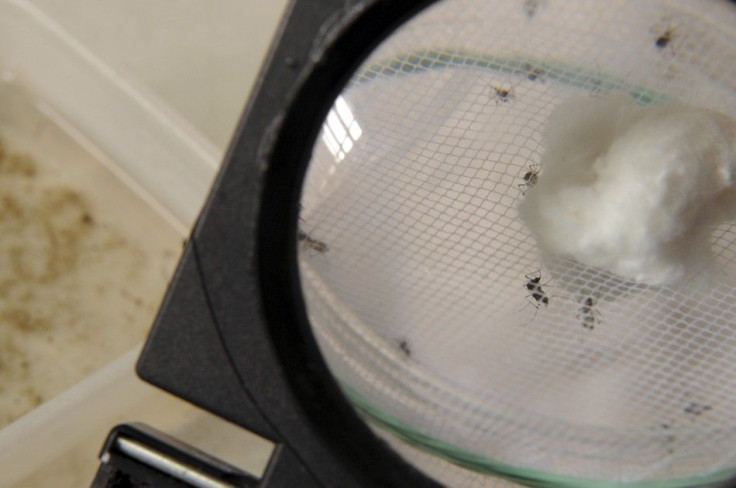New Scientific Discovery May Lead To Eradication Of Dengue Fever

Swatting a mosquito out of the air, may no longer be the only effective way to eradicate the spreading of infectious diseases. A group of Australian scientists have made the vital discovery of an antibody, which could effectively limit the spread of dengue fever around the globe. The antibody discovered could also lead to development of more effective vaccines for dengue fever, saving thousands of lives worldwide.
Data from the recent research conducted by the group of international researchers has revealed, for the very first time, the presence of this antibody. The researchers seem to be certain that the antibody can effectively neutralise the four known strains of dengue fever virus, regardless of whether they are produced in human or mosquito cells.
The study involved analysing subjects infected with the dengue fever virus; it was observed that the patients had a fairly large group of antibodies that could be described as anti dengue. The researchers found that these antibodies were of a different kind, as they would be highly effective in neutralising the dengue virus. Scientists opine that this feature within the newly discovered antibodies can be sythesised in a molecular level, which could be used as a vaccine itself.
Professor Cameron Simmons from the Doherty Institute of Infection and Immunity in Melbourne is reported to have said "There is an urgent need to reduce incidence of people suffering dengue, and understanding the human immune response to infection and the response following vaccination. This unique discovery makes the future development of vaccines that could prevent the spread of the disease a realistic goal and may also pave the way for a universal DENV vaccine."
Scientists are now working on manufacturing a batch of human antibodies, which, after testing, could be used to cultivate effective vaccines against the virus. The dengue fever virus affects thousands of people worldwide every year. In fact, more than around a third of the human population is said to be living in areas vulnerable to the dengue virus. The possibility of a vaccine can drastically change the nature of health and lifestyle for many around the world.






